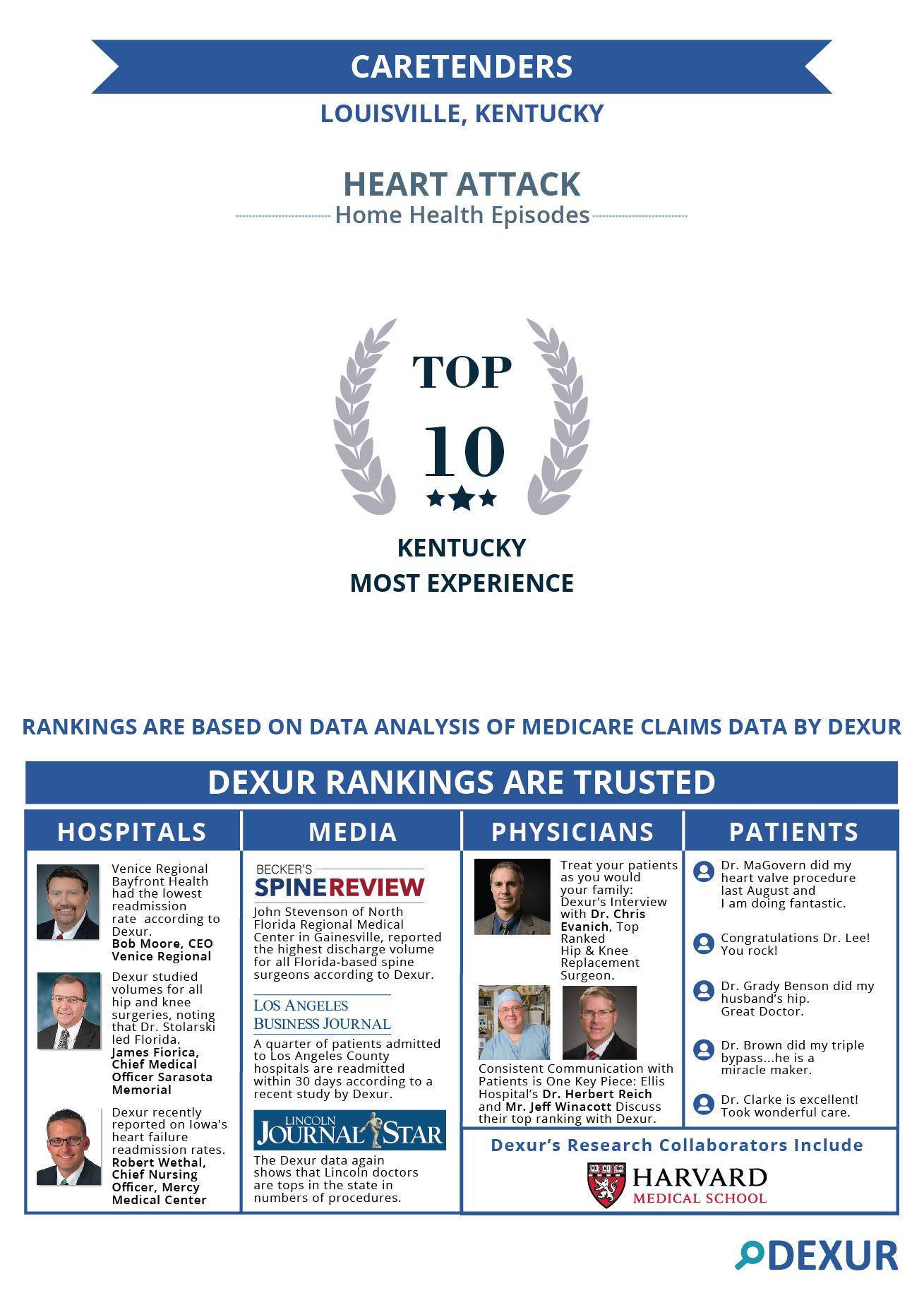
Dementia care in the home can be costly. In addition, the person with dementia may not be able to make decisions for themselves. The person must have a personal welfare deputy or attorney to make decisions for them. The personal welfare deputy or attorney may be challenged by the person with dementia.
Costs of dementia care at home
Many people with dementia choose to have their dementia care at home. It is a great place to feel safe and secure. But the associated costs can be substantial. These may include grocery, gas, insurance, utility bills, and other costs. Many people with dementia might not be able afford a care home so they will need to pay their own costs.
Prescription drugs are also required by some dementia patients. Consumer Reports states that these drugs cost between $200-$400 per month. Families may need to pool their resources to cover these costs.
Financial support
Financial support can be vital if your loved one has dementia. As their condition worsens they might require financial support. The person with dementia can give someone they trust the power to act in their place by creating a lasting power-of- attorney. The person with dementia will have someone to help them manage their finances and make their best financial decisions.

There are many agencies both government-funded and non-profit that can assist those with financial problems related to dementia. Some provide free or low-cost services, while others require payment. Many states offer government programs to pay for dementia treatment. The Centers for Medicare & Medicaid Services' Program of All-Inclusive care for the Elderly (PACE), can help pay for some long-term care for people with dementia or another age-related condition.
Communication with a person suffering from dementia
Communication with someone living with dementia is difficult. It can be difficult for them to make sense of the world around them and they may feel frustrated, scared or embarrassed. They may be unsure of their own actions or say things that never happened. It is important to maintain calm and avoid being impatient when communicating with someone suffering from dementia. Instead, give the person time to process what is being said and make physical gestures.
Remember that someone with dementia may have an emotional life. The person with dementia can cry uncontrollably, or may express emotion and speak about an incident in their life. The majority of people with dementia are able to communicate using tone, body position, breathing rate, and voice. It is not uncommon for them to express their feelings through the use of physical sensations like pain or anxiety.
Medication Management
It is complex and difficult to manage medication for cognitively impaired individuals. Many caregivers are already busy with other responsibilities and are not adequately resourced. This can lead to stress and make mistakes. There are options to simplify medication management. Help your loved ones with medication management by creating a schedule.
It is best to create a list of all medications that your loved one takes. This list should include over-the-counter medicines, herbal supplements, and nutritional supplements. This will allow the caregivers access to all medications at once and help them note any side effects. You can also have a caregiver discuss possible drug interactions with your health care provider.

Nutrition support
Many people with dementia have trouble cooking. This can make food shopping difficult and make planning a meal more challenging. Dementia patients may choose convenience foods over healthy meals. They may also have difficulty walking and feel anxious leaving their home. Families should talk with caregivers about the wishes of their loved one with dementia and then review them frequently.
Numerous studies have shown that nutrition care is essential for people living with dementia at home. This is particularly true for those living at home, where malnutrition can result from a lack of intervention. It is not clear what the roles of the caregiver and the healthcare provider in providing nutrition. More research is needed to understand the emotional components of the caregiving relationship and find ways to prevent malnutrition.
FAQ
Who is responsible for the healthcare system?
It all depends on your perspective. The government may own the public hospitals. Private companies may run private hospitals. Or a combination of both.
What is the difference in a doctor and a practitioner?
A doctor is someone who has completed their training and are licensed to practice medicine. A physician is a medical professional who specializes in one field of medicine.
What does the term "public" in public health mean?
Public Health refers to the preservation and enhancement of the health status of the community. Public health is the prevention of disease, injury, disability, promotion of good health, adequate nutrition, and control over communicable and environmental hazards as well behavioral risks.
Statistics
- Healthcare Occupations PRINTER-FRIENDLY Employment in healthcare occupations is projected to grow 16 percent from 2020 to 2030, much faster than the average for all occupations, adding about 2.6 million new jobs. (bls.gov)
- The healthcare sector is one of the largest and most complex in the U.S. economy, accounting for 18% of gross domestic product (GDP) in 2020.1 (investopedia.com)
- Foreign investment in hospitals—up to 70% ownership- has been encouraged as an incentive for privatization. (en.wikipedia.org)
- Over the first twenty-five years of this transformation, government contributions to healthcare expenditures have dropped from 36% to 15%, with the burden of managing this decrease falling largely on patients. (en.wikipedia.org)
- For instance, Chinese hospital charges tend toward 50% for drugs, another major percentage for equipment, and a small percentage for healthcare professional fees. (en.wikipedia.org)
External Links
How To
What are the main segments of the Healthcare Industry industry?
The healthcare industry includes the following key segments: diagnostics/biotechnology, pharmaceuticals/diagnostics, therapeutics/health information technology, medical device, and equipment.
Blood pressure monitors, defibrillators and stethoscopes are all medical devices. These products are usually designed to diagnose, prevent, or treat diseases.
Pharmaceuticals are medications that are used to treat or alleviate symptoms. You can find examples such as antibiotics, antihistamines or contraceptives.
Diagnostics are tests performed by laboratories to detect illness or injury. Some examples include blood tests and urine samples.
Biotechnology is the process of using living organisms (such bacteria) to make useful substances that can be used to benefit humans. Some examples include insulin, vaccines, and enzymes.
Therapeutics are the treatment of diseases and symptoms that is administered to people to relieve them. They may involve drugs, radiation therapy, surgical interventions, etc.
Health information technology includes computer software programs that help physicians, and their teams manage data related to patient records. It helps them track which medications are being taken, when they should be taken, and whether they are working properly.
Medical equipment refers to any device used for diagnosing, treating, or monitoring illnesses. These include dialysis machines and pacemakers, ventilators, operating table, and ventilators.